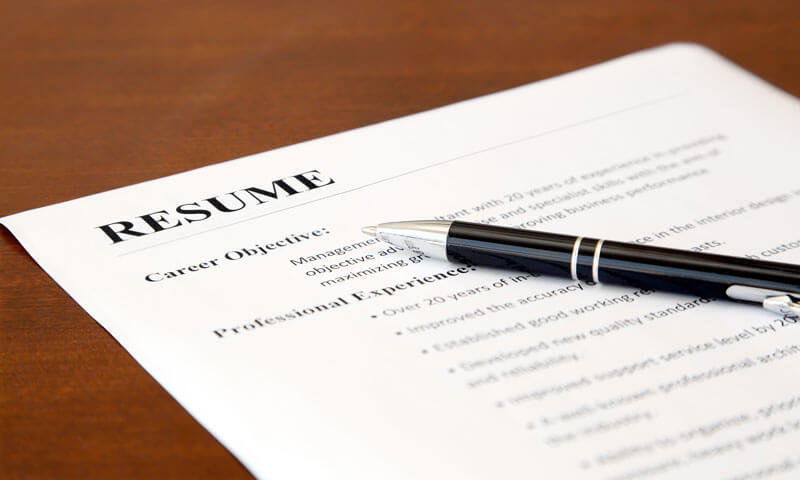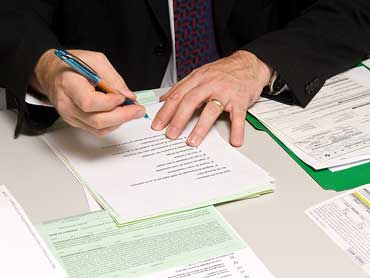Twitter is likely to fall under the European Union’s stricter rules for content moderation, as the company is expected to be designated a “very large online platform” under the bloc’s new Digital Services Act (DSA). This means that the company has enough monthly active EU users to be subject to a more intrusive regulatory system and could face penalties of up to 6% of its revenue or even a ban from operating in Europe if it doesn’t comply with the rules. The EU wants to avoid having one of the world’s most influential platforms escape its efforts to tame online content.
The EU’s largest platforms, with more than 45 million monthly active users, will be designated as very large online platforms (VLOPs). They will face stricter scrutiny by the EU’s executive arm in Brussels. Some EU officials doubted that Twitter would have enough users to be designated a VLOP. Still, the company was preparing for this designation and was planning an internal audit to ensure compliance with DSA regulations.
The EU is looking at a broader definition of active users, which could include registered and logged-on users and visitors to the site. This could significantly increase the number of users Twitter has in Europe. Social media sites have until February 17th to report their EU user numbers, after which the executive arm has to designate which sites are VLOPs. These companies then have until September 1st to follow the DSA’s rules.
VLOPs must send annual reports to the commission showing that they have enough content moderators in Europe and are restricting the spread of disinformation. They must also open up their algorithms, such as those that determine what content appears at the top of people’s feeds, to regulators for inspection. The executive arm could force companies to change their algorithms or raid their offices. If they don’t comply, the commission could impose hefty fines or ban firms from operating in the EU.
Elon Musk, who owns Twitter, has been trying to reassure the commission for months that he is taking the EU’s content moderation rules seriously. After a recent video call with Internal Market Commissioner Thierry Breton, Musk tweeted that his goals of “transparency, accountability & accuracy of information are aligned” with the EU. He pointed to Twitter’s Community Notes, which allows users to fact-check the service, as one step in that direction.
Musk has a reputation for changing his mind and a long-standing contentious relationship with US regulators. His mass firings at Twitter and frequent changes to the platform’s rules have concerned both EU and US lawmakers interested in Twitter’s data and privacy practices. Breton indicated that Twitter is on track to comply with the DSA but that “the next few months will be crucial to transform commitments into reality.”
REFERENCES:
Musk’s Twitter Expected to Face the Strictest EU Content Rules




































